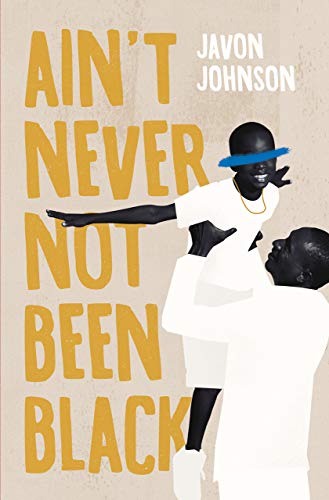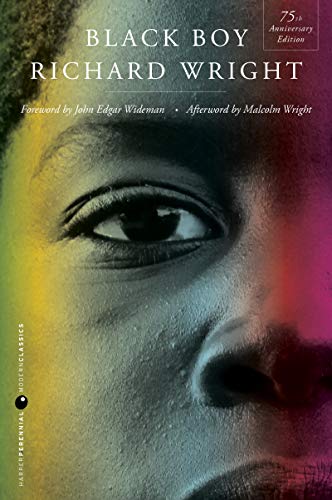A dazzling triumph from the bestselling author of THE VIRGIN SUICIDES—the astonishing tale of a gene that passes down through three generations of a Greek-American family and flowers in the body of a teenage girl
Book Magazine
For the first fourteen years of life, Calliope Helen Stephanides, the narrator and main character of this second novel from the author of The Virgin Suicides, is a coltish schoolgirl, the bright, coddled daughter of a hard-working Greek family who own a chain of hotdog stands in Detroit. But for Calliope, the transformations of puberty do not consist of the usual ripening of womanly curves, but rather the solid musculature, husky voice and nascent mustache of shocking, unsuspected manhood. Named for the muse of epics—of which this wonderful comic novel is surely a modern version—Calliope is the rarest form of hermaphrodite. “Like Tiresias,” she explains, “I was first one thing and then the other.”
It is this dual viewpoint, as much as the oddity of her experiences, that prompts her to write. “I want to get it down for good: this roller coaster ride of a single gene through time. Sing now, O Muse, of the recessive mutation on my fifth chromosome!” Cal bravely declares, adding, “Sorry if I get a little Homeric at times. That”s genetic too.” It is in fact the first of many classical allusions. Homer called the sea “wine-dark.” Landlocked Calliope, as befits her Motor City origins, mentions a “wine-dark Buick.” Cal”s mock-heroic announcement is the portal into so odd and yet so normal a chronicle of three generations of an American family that readers will find themselves gloating over the book”s length and its consequent guarantee of extended pleasure.
The story begins in the tiny Greek village of Bithynios in 1922. Perilously near the Turkish border, it is a center of silkworm cultivation. Here, Lefty and Desdemona Stephanides, Calliope”s grandparents, growup; and from here they flee to the port of Smyrna, where they precariously survive the sacking of the city by Ottoman troops. During their passage to the United States, the Stephanideses make a rash decision. Acting on an incestuous passion, they start their new life by declaring themselves not brother and sister but husband and wife.
In their commingled genes Calliope”s fate is sealed. In the old country, this would be Greek tragedy. But in the America of Eugenides” novel—the land of optimism and self-transformation—consensual incest engenders only slightly more regret than it does in Tom Jones. At one point the author describes a lustful impulse by saying, “It was her body that did it, with the cunning and silence of bodies everywhere.” In these pages, human frailty is excusable.
Human tyranny, however, is not. Thus Eugenides ridicules the paternalism of the Ford Corporation—which in its early years inspected workers” homes for signs of loose living, poor hygiene or similar transgressions against the American way of life—as Lefty attends compulsory training at the automobile plant. There he is forced to recite, “Do not spit on the floor of the home” and “The most advanced people are the cleanest.” Similarly, the condescending doctor who torments Calliope with tests and seeks to exploit the rarity of her condition is as close as the novel comes to a villain.
In other literatures and cultures, a woman who permits incestuous relations would be an object of condemnation and horror. But a clue to how lightly we are expected to regard Desdemona comes when Eugenides describes the braids emblematic of her nature: “not delicate like a little girl”s but heavy and womanly, possessing a natural power, like a beaver”s tail.” The sudden incongruity of the last two words raises the sentence from something one might find in run-of-the-mill magical realism to true, subversive comedy.
Such highly compressed, explosively sudden comparisons are Eugenides” forte. Some are charmingly written, as when Calliope”s aunt Zoë sits so meekly in church that “the round gray hat she wore looked like the head of a screw fastening her to her pew.” Others have the force of poetry, as when Calliope says of the freckled, red-haired schoolmate whom she secretly adores, “It was like autumn, looking at her. It was like driving up north to see the colors.”
When Eugenides deals not in metaphor but in historical detail, he imbues facts with the same piquancy as his imagination. The 1967 Detroit riots that destroy Lefty”s cozy, dumpy little restaurant, The Zebra Room, resonate with the Stephanideses” recollection of Smyrna in flames. And consider the antic boldness of making use of the Nation of Islam”s Mosque Number One as the setting for the recently emigrated Desdemona”s first job, teaching young black women how to make the silk for the congregants” robes.
Even a great-hearted novel such as this one has patches that are marginally less satisfying. Eugenides” home turf is adolescence. Perhaps for this reason, Cal”s account of his own middle age in the present day seems dim and perfunctory, a mere episode before we return to the moment when Calliope, now Cal, presents her mother with her new identity.
Their wonderful brief exchange expands a singular genetic event into an inescapable human experience, one that takes place between every child impatient to embrace the future dictated by one”s nature, and every parent who shrinks from the inevitable hardships that child must undergo.












Reviews
There are no reviews yet.